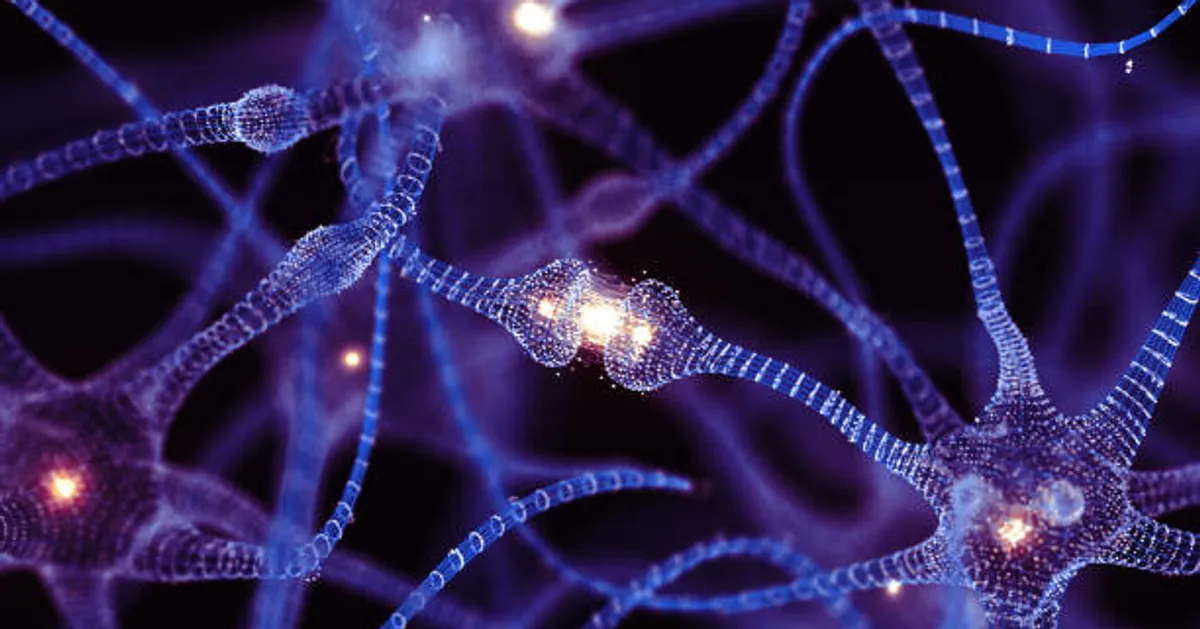What to Know About Brain Health: Managing Headaches, Forgetfulness, and More

GeokHub

Maintaining brain health is crucial for overall well-being, affecting everything from memory to mood. Issues like headaches, forgetfulness, and cognitive decline are common concerns, but understanding their causes and adopting proactive strategies can make a difference. Here’s a science-backed guide to brain health, addressing key symptoms and offering practical solutions.
1. Headaches: Causes and Management
- What’s Happening: Headaches, affecting 50% of adults annually, stem from stress, dehydration, sleep deprivation, or medical conditions like migraines or tension headaches. A 2023 Neurology study linked chronic headaches to poor hydration and high cortisol levels.
- Impact: Frequent headaches can impair focus and productivity, with migraines reducing work efficiency by 20%, per a 2022 Journal of Headache and Pain study.
- Solutions:
- Stay hydrated (2–3 liters water daily).
- Practice stress-relief techniques like 10-minute mindfulness meditation.
- Limit caffeine and alcohol, which can trigger headaches.
- Consult a doctor for persistent headaches; treatments like acupuncture can reduce migraine frequency by 50% (Neurology, 2020).
2. Forgetfulness: Understanding and Improving Memory
- What’s Happening: Occasional forgetfulness is normal, often tied to stress, multitasking, or aging. A 2021 Frontiers in Psychology study found that chronic stress impairs short-term memory by 15%. Serious memory loss may signal conditions like mild cognitive impairment (MCI) or early dementia.
- Impact: Forgetfulness disrupts daily tasks and can increase anxiety, especially in older adults, with 1 in 10 over 65 showing MCI signs (Alzheimer’s Association, 2023).
- Solutions:
- Engage in memory exercises, like puzzles or learning a new skill, to boost cognitive reserve.
- Sleep 7–8 hours nightly; a 2022 Sleep Medicine study showed poor sleep cuts memory retention by 20%.
- Eat brain-boosting foods like berries and fatty fish; omega-3s improve memory by 10% (Journal of Alzheimer’s Disease, 2020).
- Seek medical evaluation if forgetting names or events becomes frequent.
3. Cognitive Decline: Prevention and Early Action
- What’s Happening: Cognitive decline, including slower processing or difficulty concentrating, can result from aging, poor diet, or lack of mental stimulation. A 2023 The Lancet study linked ultra-processed food diets to a 30% higher risk of cognitive decline.
- Impact: Decline affects decision-making and independence, with 15% of adults over 70 showing early signs (National Institute on Aging, 2024).
- Solutions:
- Exercise 150 minutes weekly; aerobic activity boosts brain blood flow by 15% (Journal of Neuroscience, 2021).
- Limit processed foods and prioritize a Mediterranean diet (nuts, vegetables, olive oil).
- Stay socially active; group activities reduce cognitive decline risk by 25% (Social Science & Medicine, 2020).
- Monitor for signs like confusion or disorientation and consult a neurologist early.
4. Other Brain Health Concerns
- Brain Fog: Often tied to stress, poor sleep, or nutrient deficiencies (e.g., vitamin B12). A 2022 Nutrients study found B12 supplementation improved focus by 20%.
- Solution: Eat leafy greens, take a multivitamin if advised, and practice mindfulness.
- Mood Swings: Linked to neurotransmitter imbalances or lack of sleep. Laughter and social interaction can boost serotonin by 15% (Journal of Clinical Psychology, 2023).
- Solution: Try laughter therapy or spend time with friends weekly.
- Stroke Risk: High blood pressure and diabetes increase risk. A 2021 Stroke study showed controlling blood pressure cuts stroke risk by 30%.
- Solution: Monitor blood pressure, exercise, and eat low-sodium foods.
Practical Tips for Brain Health
- Diet: Follow a Mediterranean diet with 5–7 daily servings of fruits/vegetables and 2–3 servings of fish weekly.
- Exercise: Aim for 30 minutes of brisk walking or yoga 5 times weekly to enhance brain function.
- Sleep: Maintain a consistent 7–8-hour sleep schedule; avoid screens 1 hour before bed.
- Mental Stimulation: Read, play chess, or learn a language to strengthen neural connections.
- Stress Management: Practice 10-minute daily meditation or deep breathing (4-7-8 technique).
- Regular Checkups: Screen for blood pressure, cholesterol, and cognitive changes annually, especially after age 50.
Developing Story
Brain health research continues to evolve, with new insights into preventing cognitive decline and managing symptoms like headaches. Early intervention and lifestyle changes are key to maintaining mental sharpness. Note: Information is based on peer-reviewed studies; consult a healthcare professional for personalized advice if symptoms persist.








